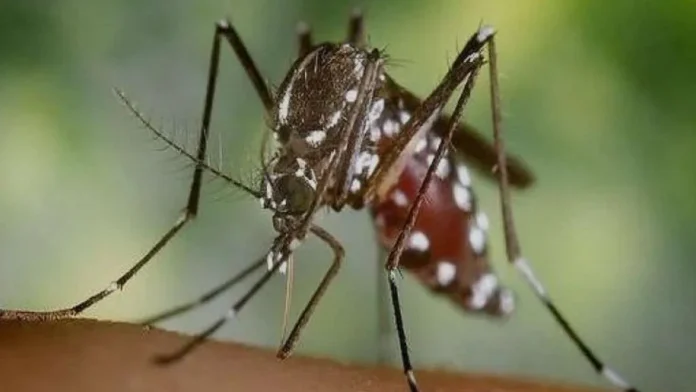KOHIMA, July 12: The Nagaland Health and Family Welfare Department has confirmed nine cases of Japanese Encephalitis (JE) in the state this year, triggering heightened public health measures and the release of an official advisory as the monsoon season intensifies.
Japanese Encephalitis is a potentially fatal mosquito-borne viral disease transmitted primarily by Culex mosquitoes, which thrive in stagnant water bodies such as paddy fields and ponds. The disease can lead to severe brain inflammation, and in extreme cases, may result in death.
According to the health department’s advisory, for every single symptomatic JE case, there could be between 300 to 1,000 asymptomatic infections. While pigs are considered amplifying hosts, the virus does not spread through human-to-human transmission.
“There is currently no specific antiviral treatment for JE. Supportive care is provided based on clinical symptoms, and the disease typically has an incubation period of 5 to 10 days,” the department said in its statement.
In response to the confirmed cases, district health authorities have been directed to intensify disease surveillance, conduct fogging and anti-larval measures, and step up public awareness campaigns. Health officials are urging the public to remain vigilant and seek immediate medical attention if they experience symptoms such as high fever, severe headache, vomiting, or confusion.
The department also emphasised the importance of routine JE vaccination, early case reporting, and active community involvement in controlling mosquito breeding grounds.

